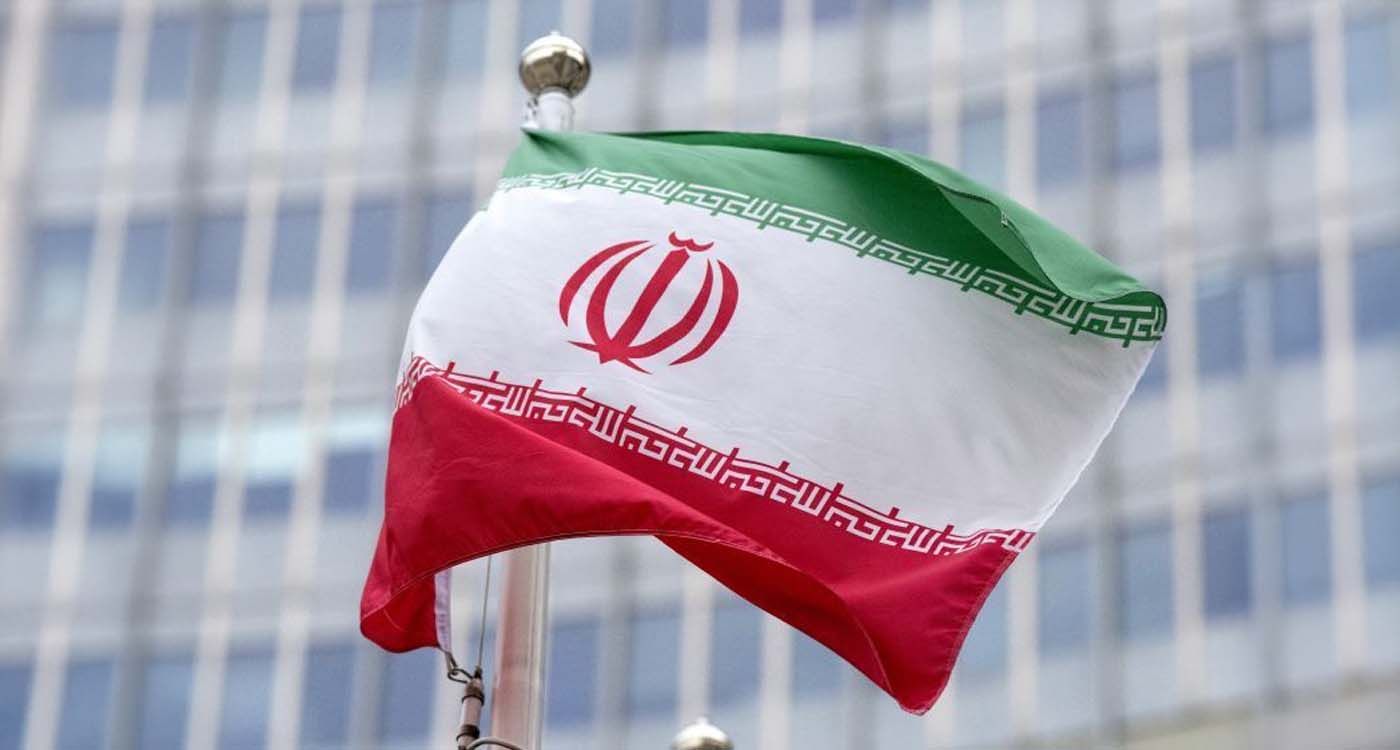- Home
- Middle East
- Iran says Negotiating with 'All Our Might' to Prevent Sanctions Snapback

The country’s Foreign Ministry spokesman says Tehran is “negotiating with all its strength” with the UK, France, and Germany. ©AFP
Iran said Tuesday it was making every effort to prevent a sanctions snapback, which European powers have threatened to impose under the moribund 2015 nuclear deal.
"Our focus is on preventing actions or incidents that may be costly for the country," said foreign ministry spokesman Esmaeil Baqaei during a weekly press conference.
He added that Tehran was "negotiating with all our might" ahead of planned talks with Britain, France and Germany on Tuesday in Geneva.
It will be the second round of talks between Iranian and European diplomats since the 12-day war between Iran and Israel that broke out in mid-June.
The war, triggered by an unprecedented Israeli surprise attack, derailed Tehran's nuclear negotiations with the United States and prompted Iran to suspend cooperation with the UN's nuclear watchdog.
The European trio -- parties to the landmark 2015 Iran nuclear deal -- have threatened to trigger the accord's "snapback mechanism" by the end of August.
The move would reimpose sweeping UN sanctions lifted under the agreement unless Iran agreed to curb its uranium enrichment and restore cooperation with International Atomic Energy Agency inspectors.
Iran insists the European powers "do not have the legal and moral" grounds to trigger a snapback
"We will not allow this issue to become a tool of psychological warfare against... our citizens," said Baqaei.
The window for activating the mechanism closes in October -- after which the UN sanctions would be permanently removed -- but according to the Financial Times, the Europeans have suggested pushing back that deadline.
Iran has dismissed the Europeans' right to extend the deadline, and Foreign Minister Abbas Araghchi recently said Tehran was working with its allies China and Russia to prevent the reimposition of sanctions.
The nuclear deal was torpedoed in 2018 when Donald Trump, during his first term as president, unilaterally withdrew the United States and slapped crippling sanctions on Iran.
Just before the recent war with Israel, Iran held five rounds of talks with the United States with the aim of reaching a new deal on Tehran's nuclear programme.
Israel's offensive killed top commanders, nuclear scientists and hundreds of others, striking both military facilities and residential areas.
Iran responded with ballistic missile barrages targeting Israeli cities.
The war also saw the United States carry out strikes against Iran's nuclear facilities.
A ceasefire between Iran and Israel has been in place since June 24.
With AFP
Read more



Comments